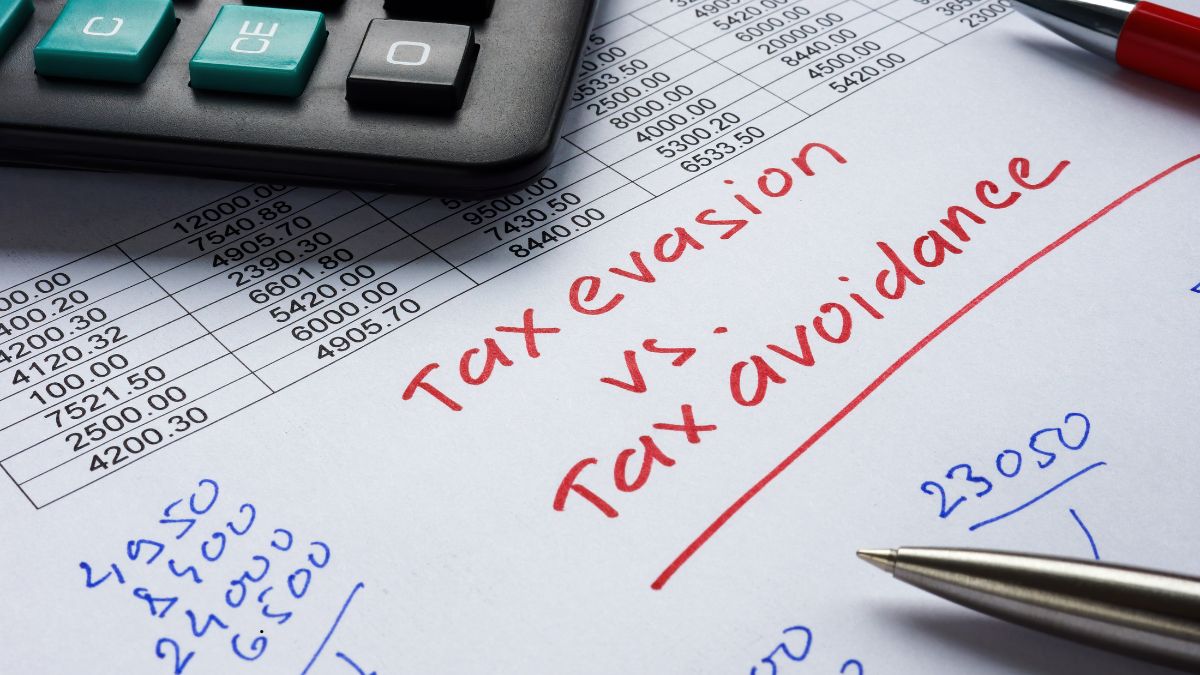
In South Africa, the line between legal tax planning and unlawful tax evasion is firmly drawn, yet often misunderstood. As tax authorities step up efforts to protect public revenue, it becomes crucial for businesses and individuals to understand how legitimate tax reduction strategies differ from impermissible conduct — especially under the lens of South Africa’s General Anti-Avoidance Rules (GAAR).
Tax Avoidance vs Tax Evasion: Key Definitions
Before evaluating how anti-avoidance laws work, we must clarify these two commonly confused concepts:
-
Tax avoidance refers to legally arranging one’s financial affairs to minimize tax liability. It leverages provisions within the law to reduce the amount of tax payable.
-
Tax evasion, on the other hand, involves illegal practices — such as underreporting income or inflating deductions — intended to escape tax obligations altogether.
South African tax jurisprudence has consistently upheld the right of taxpayers to structure transactions to reduce tax, provided there’s no deception. In the landmark Commissioner for SARS v NWK Ltd, the court drew a critical distinction, warning against disguising transactions to appear legitimate when they serve no commercial purpose other than tax evasion.
Similarly, in Duke of Westminster v IRC, the principle was laid that taxpayers are entitled to arrange affairs to attract the least tax, as long as it remains within the framework of the law.
The Role of GAAR in Identifying Impermissible Tax Avoidance
South Africa’s Section 80A of the Income Tax Act defines an impermissible tax avoidance arrangement using a four-part test:
-
The arrangement must result in a tax benefit;
-
Its sole or main purpose must be to achieve that benefit;
-
It must exhibit tainting characteristics, such as:
-
Lack of commercial substance,
-
Round-trip financing,
-
Use of accommodating or tax-indifferent parties;
-
-
The arrangement must not align with normal business practices.
Unless proven otherwise, SARS assumes the purpose is tax avoidance — the onus is on the taxpayer to rebut this presumption.
Tainting Characteristics Explained
1. Lack of Commercial Substance
An arrangement lacks commercial substance if it offers significant tax savings but fails to affect business risk or cash flows. An example would be a circular leasing agreement of a company car among related entities solely to create deductible expenses.
2. Round-Trip Financing
This occurs when funds are transferred among parties but ultimately return to the original source, creating the illusion of a legitimate transaction while delivering a tax benefit.
3. Accommodating or Tax-Indifferent Parties
These are entities that derive little or no tax liability from participating in the arrangement, often used to reroute income or reduce taxes. The law includes exclusions where such parties are taxed sufficiently in another jurisdiction or actively trade in the transaction.
Case Law Insights
Several South African cases illuminate how GAAR is applied:
-
ITC 1388 (1983): A taxpayer acquired two companies. One was for legitimate trading purposes (assessed loss survived), while the other was clearly for exploiting assessed losses (loss disallowed).
-
Bosch & McClelland v SARS: Involving deferred share delivery schemes for employees, the court found no simulation, emphasizing the need to consider actual contractual intent over mere tax outcomes.
What SARS Can Do Under GAAR
When SARS identifies an impermissible avoidance scheme, it may:
-
Recharacterize or disregard steps in the arrangement;
-
Combine parties or treat connected persons as one;
-
Reallocate income, expenses, or reclassify amounts;
-
Treat the entire arrangement as if it never occurred.
This gives the Commissioner extensive discretion to counteract arrangements designed primarily to avoid tax through artificial means.
Summary: Substance Over Form is the Guiding Principle
South Africa’s courts and SARS emphasize examining the true substance and commercial rationale behind transactions. While legitimate tax planning is encouraged, it must not cross into the territory of misrepresentation, manipulation, or simulation.
When taxpayers arrange their affairs primarily for tax benefits without genuine economic substance, they risk having such arrangements overturned and facing severe penalties.
Disclaimer:
This article is based solely on the academic and legislative insights extracted from the comprehensive legal and tax interpretation framework outlined in the document provided. All information and case references have been derived from applicable South African case law and legislation.

